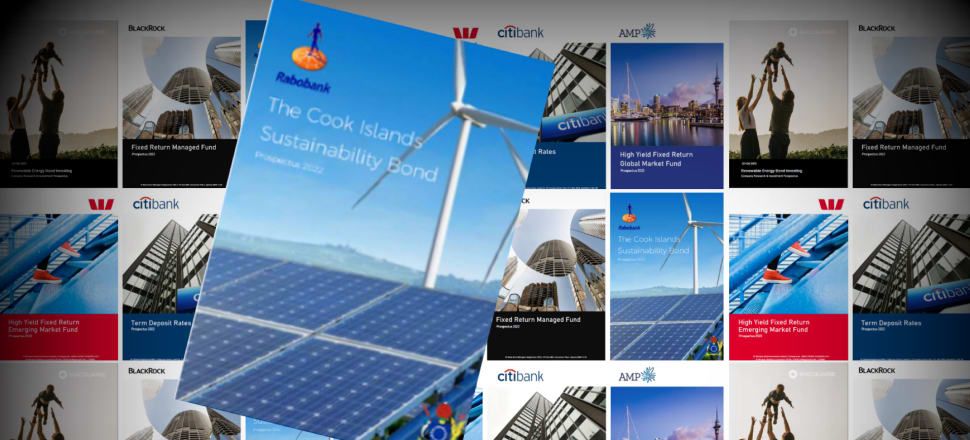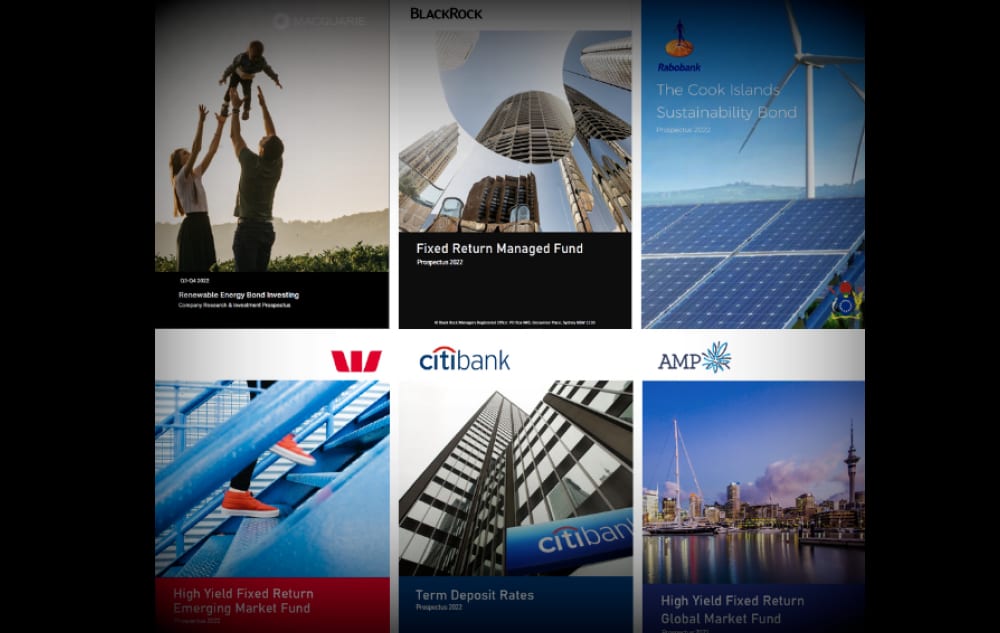
Substantial investments in clean energy financing and term deposits are increasingly being touted by offshore scammers
Scams targeting large-scale investments in New Zealand are on the rise, with credible documents imitating well-known names successfully attracting substantial investment.
The Financial Markets Authority went as far as creating a how-to guide to identify fake product disclosure statements, the documents issued to lay out the specifics of what you’re investing in.
One such investment included an investment purporting to support Cook Islands' drive to 100 percent renewable energy.
The scam, first reported by Newsroom in October, involved a prospectus to invest in Cook Islands Sustainability Bonds that looked like it was issued by Rabobank.
People who submitted interest through website comparefixedtermdeposits.com were approached by a Jacob Taylor claiming to be a senior investment manager at Rabobank, with any investment directed to a third-party account.
At least one individual fell for the ploy, and a $100,000 investment was blocked by the investor's bank.
At the time, Cook Islands Prime Minister Mark Brown said he was disappointed that the Cook Islands' efforts to entirely convert the country to sustainable and renewable energy were "being targeted by crooks" as a potential way of stealing from investors.
Other faked product disclosure statements targeting New Zealanders included ones put out under the name of the Australian arm of BlackRock, the world’s largest fund manager, and AMP Capital.

In this instance, the prospectus claimed investments were insured for up to $250,000 by New Zealand and Australian Government Guarantee Schemes, which do not exist.
Other fake product disclosure statement scams identified by the regulator were attempting to get money under the names of Westpac, Macquarie and Citibank. In Macquarie's case, it was another renewable energy bond being touted.
All of the providers have been alerted to the schemes and published warning statements on their websites.
The Financial Markets Authority said the faked documents all followed a similar format, inconsistent with the 10-point requirements mandated by the Financial Markets Act.
The scam document begins with a statement made under the name of the real chief executive of the businesses, a short and vague Q&A section making promises around low risk and finishing with a terms and conditions section that made unreasonable promises and statements.
The regulator said the scams stemmed from term deposit comparison websites operated by scammers to obtain contact details to seek large sums of money, often more than $50,000.
It said the forecast returns could be within reasonable ranges and involve safer financial products, such as bonds, setting them apart from scams that make far more suspicious get-rich-quick promises.
An Authority spokesperson said the people behind the scams were difficult to catch or identify as they were likely operating from offshore, and instead urged investors to understand red flags.
Hazard signs included a lack of risk, poorly worded or vague statements, unreasonably low fees, being contacted in unorthodox ways and offshore bank accounts.







